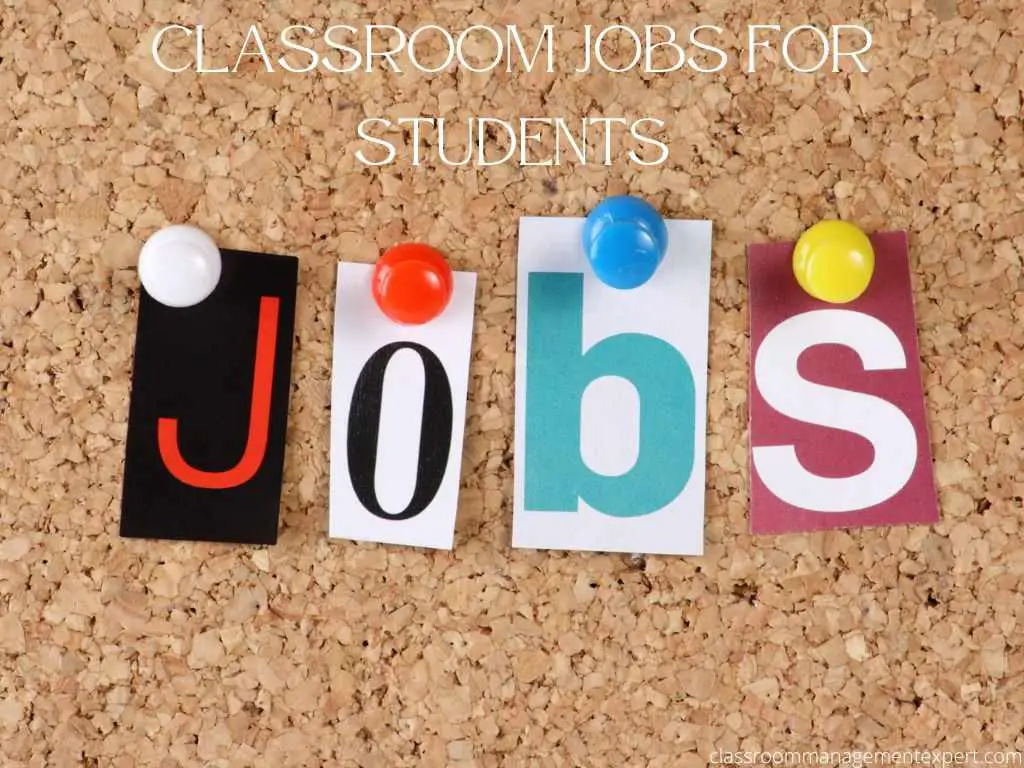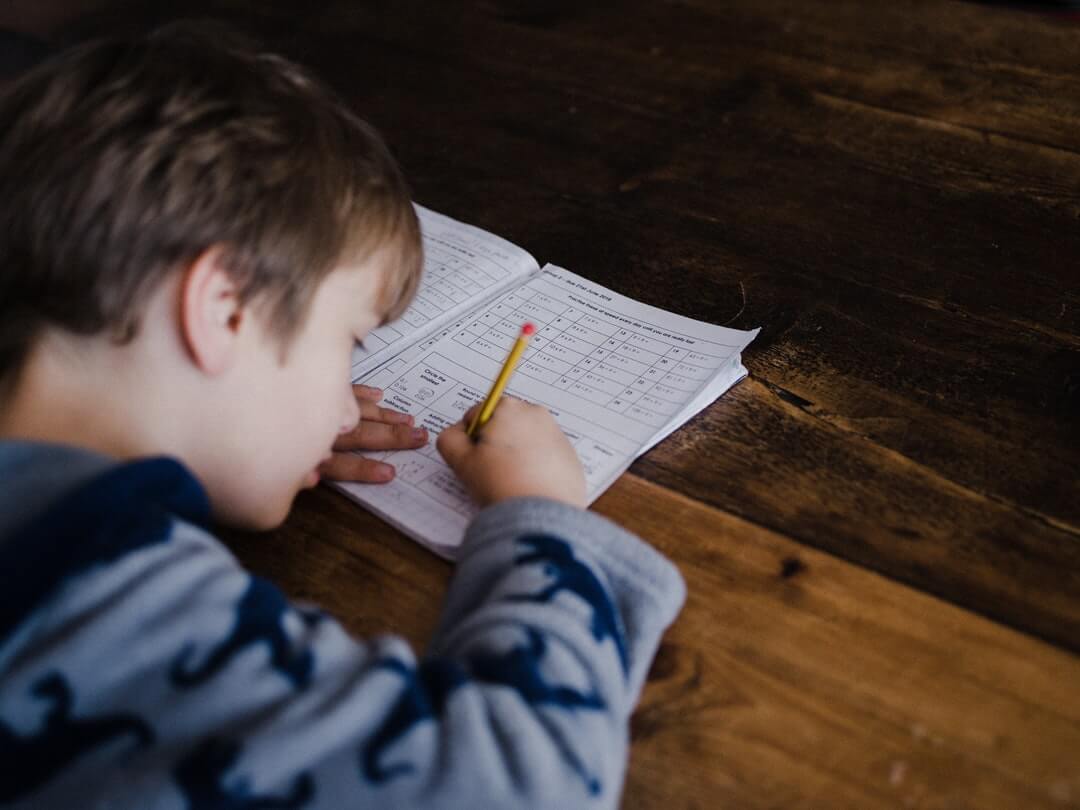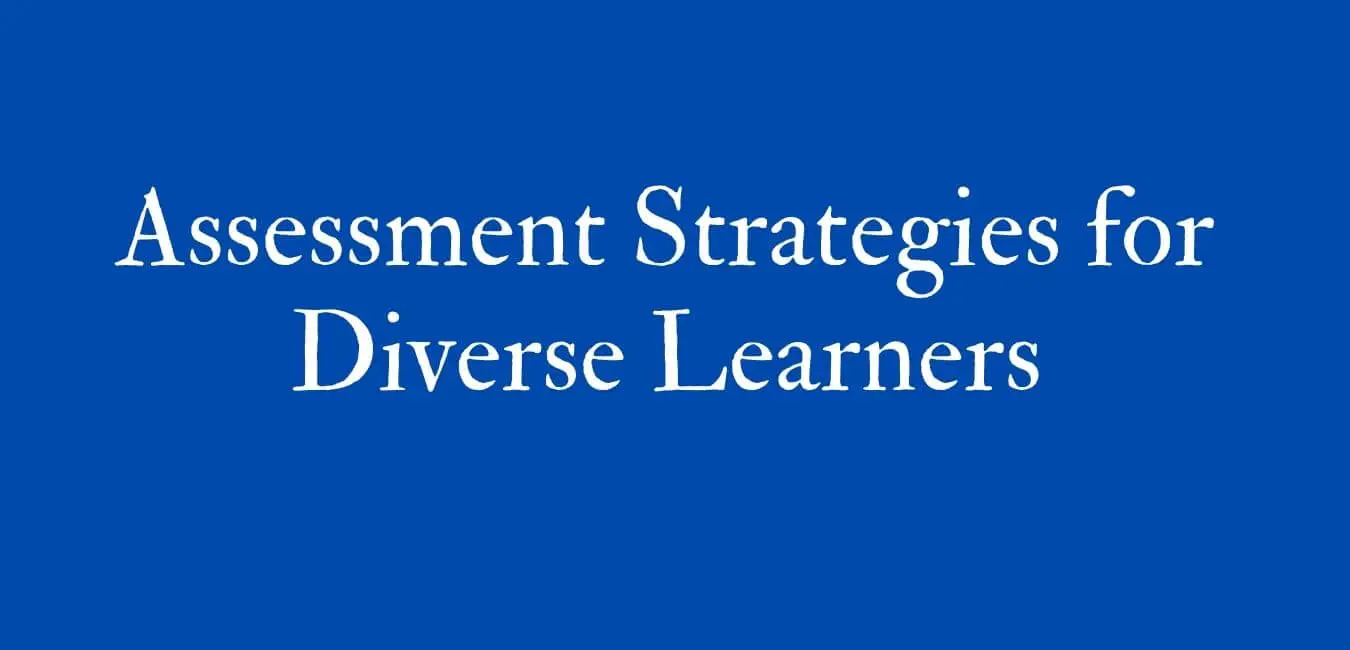In many elementary classrooms, students are assigned jobs to help the teacher with various tasks throughout the day. These jobs may include passing out materials; leading the line during recess; or helping to tidy up the room. While some students may see these jobs as a chore, there are actually many benefits to assigning classroom jobs to students.
When students are given classroom jobs, it helps them to feel more invested in their learning environment. It also teaches them responsibility and how to work cooperatively with others. By assigning jobs, students learn that everyone has a role to play in making the classroom a successful learning space.
But how does assigning these jobs to students help them? Keep reading to find out.
What are classroom jobs?
A classroom job is a responsibility that is assigned to a student by their teacher. Commonly, jobs include line leader, caboose, paper passer, door holder, and many more. Classroom jobs help the teacher to keep the classroom running smoothly and efficiently. They also give students a sense of ownership and pride in their classroom.
Moreover, classroom jobs are a great way to help with classroom management and to create a positive classroom community. Every student can have a class job, and there are many different classroom job ideas to choose from. Classroom jobs help the classroom run smoothly and can be a great way for elementary students to learn responsibility.
What is the importance of giving students a classroom job?
A classroom job is a way to give students a sense of responsibility and ownership in the classroom. It also allows them to learn new skills and build their confidence. Having a classroom job can help students feel like they are part of the class and not just spectators. Here are seven more reasons why you should give students classroom jobs:
1. It will help build a sense of community in the classroom.
Giving students specific jobs to do in the classroom can help build a sense of community and responsibility. Students can be assigned to lead activities, help with clean-up, or be a teacher’s assistant. This will help them feel like they are part of the class and invested in its success.
2. It will help students feel like they are a part of something bigger and that their contributions matter.
When students are given jobs to do in the classroom, it helps them feel like they are part of something bigger and that their contributions matter. This can be a great motivator for students to do their best work and to take pride in their classroom.
3. It will give students a sense of responsibility and ownership over their learning environment.
When students are given specific jobs to do in the classroom, they feel a sense of responsibility and ownership over their learning environment. This can motivate them to take pride in their work and keep the classroom clean and organized. Classroom jobs also give students a chance to practice important life skills, such as time management and teamwork.
4. It will teach students the importance of pitching in and working together.
In many classrooms, students are assigned jobs to help with the running of the class. This can include tasks such as collecting the attendance, sorting out materials, or tidying up at the end of the day. Having students take on these responsibilities can teach them the importance of pitching in and working together. It also helps to create a sense of community in the classroom.
5. It will help students develop time-management and organizational skills.
Assigning classroom jobs to students can help them develop time-management and organizational skills. This can be a valuable way for students to learn how to budget their time and prioritize tasks. By having a set job to do each day, students can learn how to plan ahead and work efficiently. These skills will be useful in both their academic and personal lives.
6. It will provide students with opportunities to practice leadership skills.
Classroom jobs are a great way for students to practice their leadership skills. By assigning tasks and responsibilities to students, they can learn how to handle different types of situations and figure out what works best for them. This is a valuable experience that will help them in the future, both in and out of the classroom.
7. It will give students a chance to take pride in their work and feel good about themselves.
Assigning classroom jobs to students can help them take pride in their work and feel good about themselves. This can be a great way to motivate students and get them more engaged in the classroom. Additionally, it can help teach students important life skills such as responsibility and teamwork.
20 Meaningful List of Classroom Jobs
If you’re looking for a way to mix up your classroom routine and give students some ownership over their learning environment, consider implementing a classroom job system. Classroom jobs can help students feel more invested in their education and can provide a sense of responsibility and pride. Plus, having a few extra sets of hands around the room can be helpful for busy teachers.
There are lots of different ways to run a classroom job system, so take some time to figure out what will work best for your students and your teaching style.
One popular option is to assign each student a daily or weekly job, such as erasing the whiteboard or passing out materials. Another approach is to have students sign up for jobs on a rotating basis; this can be done using a chart or online sign-up sheet. Here are 20 lists of classroom jobs for students:
1. Classroom monitor
This student is responsible for making sure the classroom is tidy and organized. They can help with things like passing out materials and straightening up desks.
2. New student helper
New student helper is a meaningful classroom job for student helpers. A new student helper helps and supports new students to settle in the classroom and in school. These students are critical in every classroom.
3. Technology Helper
This student is responsible for helping other students with using technology in the classroom, such as setting up laptop computers or projecting images onto the whiteboard.
4. Study aid
This student helps other students who are struggling with tests or homework by explaining the subject material in a different way.
5. Recorder
This student records the classroom lecture so that everyone can watch a replay of it later.
6. Editor
This student goes through the students’ writing and edits or proofreads it to make sure there are no spelling, grammar, or punctuation mistakes.
7. Line leader
The line leader is responsible for leading the class in line when we go to PE or lunch. They are responsible for making sure that everyone in the line is behaving and following the rules. If there is any trouble in the line, it is up to the line leader to deal with it.
8. Pencil sharpener
The pencil sharpener is responsible for sharpening pencils for the class. This is an important job, as it ensures that the pencils are ready to be used and that they will provide a good writing experience for the students.
9. Paper passer
The paper passer is responsible for passing out papers during class. This person must be organized and able to keep track of who has received a paper and who has not. The paper passer must also be able to answer any questions classmates may have about the assignment.
10. Trash monitor
The trash monitor is responsible for keeping the trash can empty and the floor clean. This person makes sure that all garbage is disposed of properly and that the area around the trash can is clean. The trash monitor is an important part of keeping the school clean and tidy.
11. Door holder
The door holder is responsible for holding the door open when we come in from recess. This is an important job, as it helps to ensure that everyone can get inside the building quickly and safely. Door holders should be careful not to let the door swing shut too hard, as this could injure someone.
12. Librarian
The librarian is responsible for organizing and checking out books from the classroom library. They make sure that the library is well-stocked and that students have access to the books they need. Librarians also help students find information and answer their questions.
13. Supply manager
The supply manager is responsible for distributing supplies like paper and crayons. He or she makes sure that the supplies are delivered to the right people and places. The supply manager also keeps track of the inventory and ensures that there is enough stock.
14. Plant caretaker
The plant caretaker is responsible for watering the plants in the classroom. This is an important job because the plants need water to stay alive. The plant caretaker must be careful not to overwater the plants.
15. Messenger
The messenger is responsible for delivering messages to other classrooms or the office. This person is usually a student who is chosen by the teacher to perform this duty. The messenger must be reliable and able to deliver the message accurately.
16. Desk inspector
The desk inspector is responsible for making sure everyone’s desk is clean and organized. This person ensures that the work area is presentable and that all materials are in their proper place. The desk inspector may also be responsible for cleaning the desks themselves.
17. Attendance taker
The attendance taker is responsible for taking attendance in the classroom. This person must be organized and able to keep track of the students who are present and absent.
18. Light helper
The light helper is responsible for controlling the lighting in the classroom. They make sure that the room is bright enough for students to see and work, but not so bright that it is uncomfortable or distracting. They also help to set the mood of the room by choosing the right light colors and intensities.
19. Weather reporter
The weather reporter is responsible for reporting any changes in the weather. This includes anything from a slight change in temperature to a severe weather event. He or she must be able to communicate clearly and concisely so that people can make decisions about how to prepare for the upcoming weather.
20. Hallway Monitor
This student helps monitor behaviors and activities in the hallway on behalf of the teacher. Being a hallway monitor is a meaningful classroom job for student helpers. It gives them responsibility and a sense of pride in their school. It also helps keep the hallways safe and orderly.
Conclusion
In summary, there are many different types of classroom jobs that students can do, and each one can offer its own benefits. Some of the most meaningful classroom jobs for students include things like helping to lead class discussions, acting as peer tutors, or working on special projects.
Assigning meaningful jobs to students in the classroom can have many benefits. It can help to create a sense of community and responsibility, promote student engagement, and a sense of ownership in the classroom, and provide opportunities for leadership.
Additionally, it can promote positive behavior and provide a sense of belonging for students. When students have a job that they are responsible for, it can make them feel like important members of the classroom community.
When choosing jobs for students, be sure to consider the interests and abilities of each child. By doing so, you can create a positive learning environment for all. Thank you for reading!










